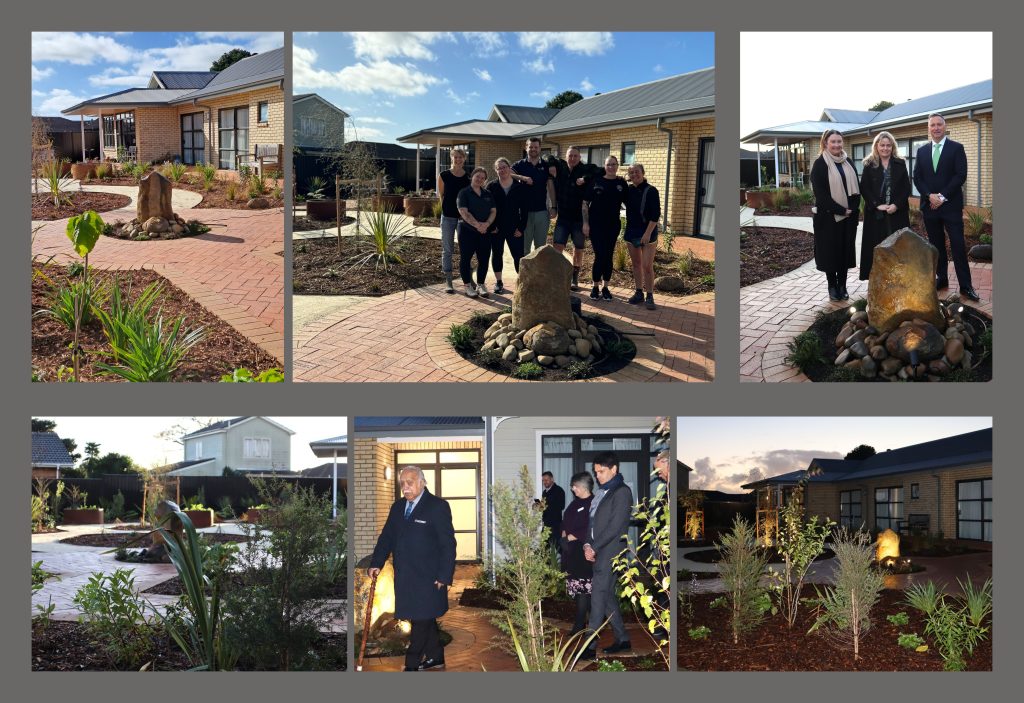
“What is grief”?
Grief is the normal human process that happens after any kind of difficult change or loss. It’s the way we gradually adjust our life to the reality of what’s happened and become able to move forward again. Grief involves the mix of thoughts, feelings and reactions we experience. It affects us more than we often realise. Grief reactions can be emotional, mental, physical, social or spiritual.
“What’s trauma then”?
Grief and trauma are often experienced at the same time – a double impact. Any experiences in which you felt your safety, or that of others, was threatened, or that leaves you feeling emotionally overwhelmed or highly anxious is considered traumatic. Grief centres on sadness and loss, but Trauma centres on fear and is felt as a threat to safety. It also takes time for the impact of trauma to ease.
“OK so I’m grieving, what can I do”?
The following 10 factors help to build your resilience, so we can cope as well as possible in times of adversity.
- Look after yourself
- Use your support circle
- Use your sense of humour
- Keep flexible and adaptable
- Use the life skills you’ve learned
- Believe in yourself
- Know what you’re good at and use those things
- Think creatively, see things differently, try new things
- Keep a positive outlook and attitude – be hopeful
- Persevere – keep trying!
“How can I support other people who are grieving?
A person’s grief is as unique as their fingerprint, we all grieve differently. Sometimes people don’t even know they’re grieving. There are no rules or timetable, it’s not a competition and there is no pass or fail. It takes time and it’s totally normal. Some things to keep in mind when supporting someone who is grieving are:
- Really listen
- Shared silence is OK sometimes
- Don’t judge them – accept them
- Give them time
- Don’t assume you know exactly how they feel
- Encourage and include them
- Be there in an ongoing way – offer support but then also follow through
- Help them find information and extra help if needed.
“Grief is not a state but a process like a walk in a winding valley with a new prospect at every bend” – C.S Lewis



